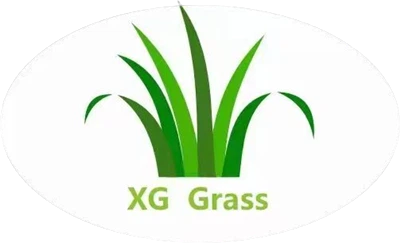Artificial Plants Blossom Into Modern Urban Life By Lifestyle And Environment Correspondent March 15, 2024
Sep 19, 2025
Synthetic Turf Gains Popularity as Sustainable Landscaping Solution
By Environmental Correspondent
October 26, 2023
LONDON – Synthetic turf is rapidly transforming urban and residential landscapes worldwide, offering an eco-friendly alternative to natural grass amid growing water scarcity and climate challenges. Once limited to sports fields, artificial grass now adorns rooftops, balconies, schools, and public plazas, driven by advances in technology and shifting attitudes toward sustainable living.
Manufacturers claim modern synthetic turf is designed to mimic the look and feel of natural grass while addressing environmental concerns. Unlike earlier versions, today's products are often made from recyclable materials and are free of harmful chemicals. Additionally, their permeable backing helps manage stormwater runoff, reducing urban flooding risks.
"Water conservation is a major factor behind the surge in demand," said Dr. Emily White, a landscape architect based in London. "In regions facing droughts, synthetic turf provides a green, low-maintenance solution without the need for irrigation."
The market expansion has also been fueled by lifestyle changes. Homeowners and urban planners increasingly prioritize spaces that require minimal upkeep yet remain functional and aesthetically pleasing. Synthetic turf stays green year-round, unaffected by weather extremes, making it particularly appealing in areas with harsh winters or scorching summers.
However, the trend has not been without controversy. Critics highlight concerns about environmental impact, including microplastic shedding and limited biodegradability. Some studies suggest that synthetic fields can become significantly hotter than natural grass, contributing to urban heat islands.
In response, industry leaders are investing in research to develop cooler, more sustainable variants. "We're exploring plant-based polymers and improved recycling programs to minimize our ecological footprint," noted Mark Jensen, CEO of GreenScape Solutions.
As cities worldwide embrace greener urban planning, synthetic turf appears poised to play a key role in shaping the future of public and private landscapes.
For further information, visit Global Landscaping Innovations at www.glinnovations.com.







